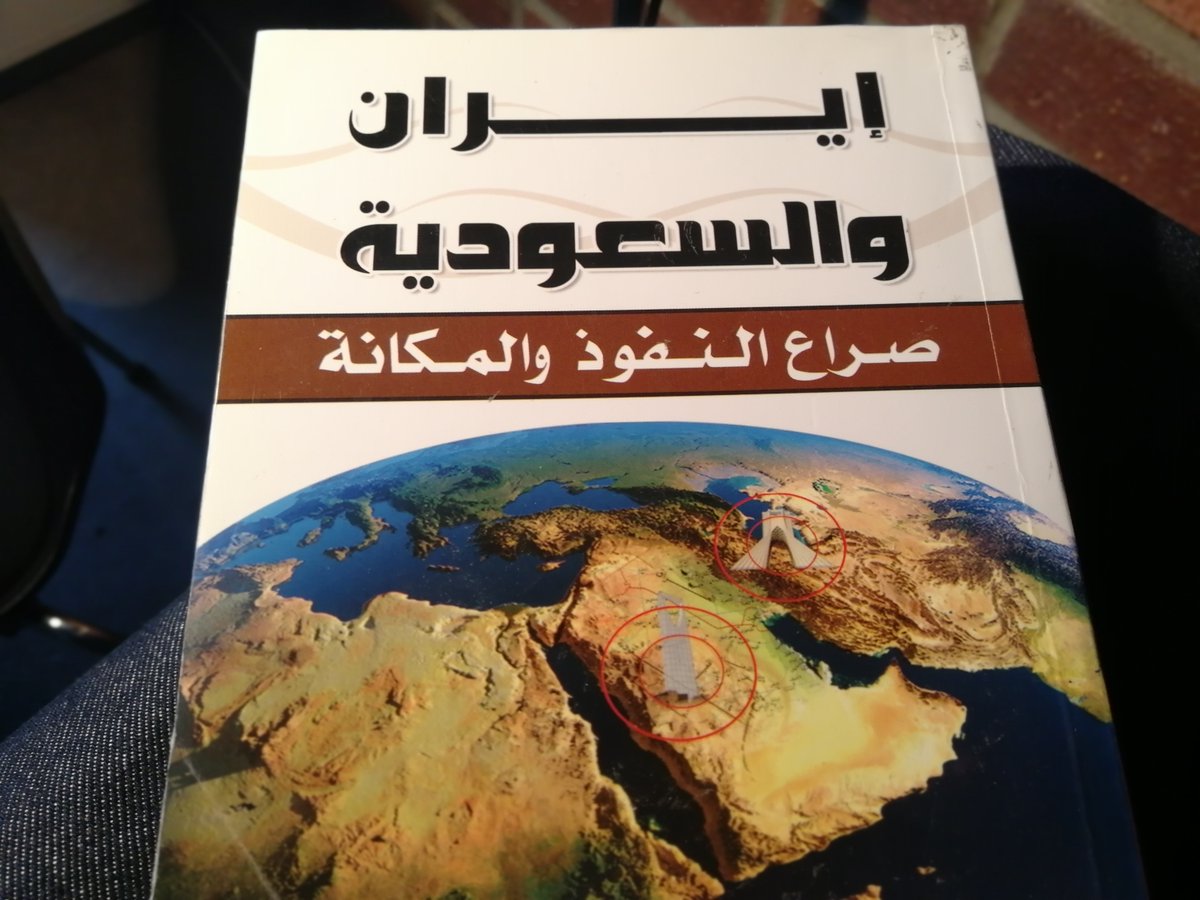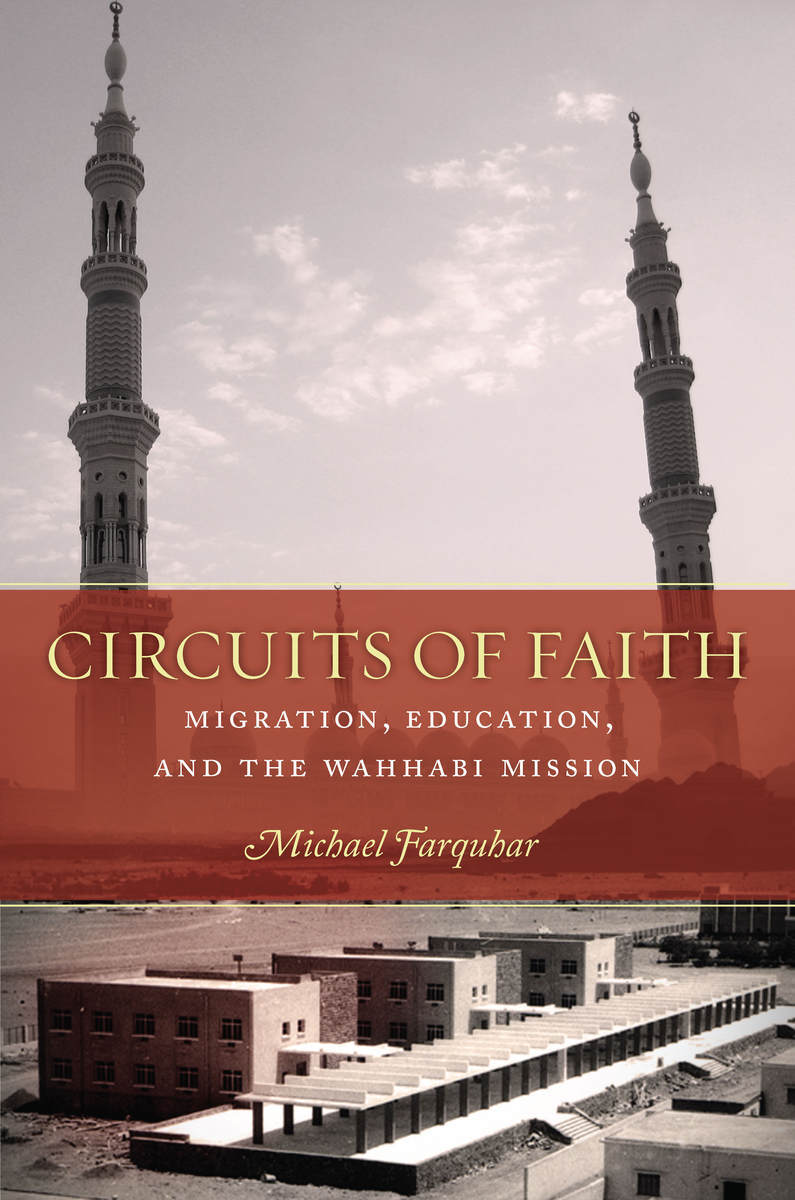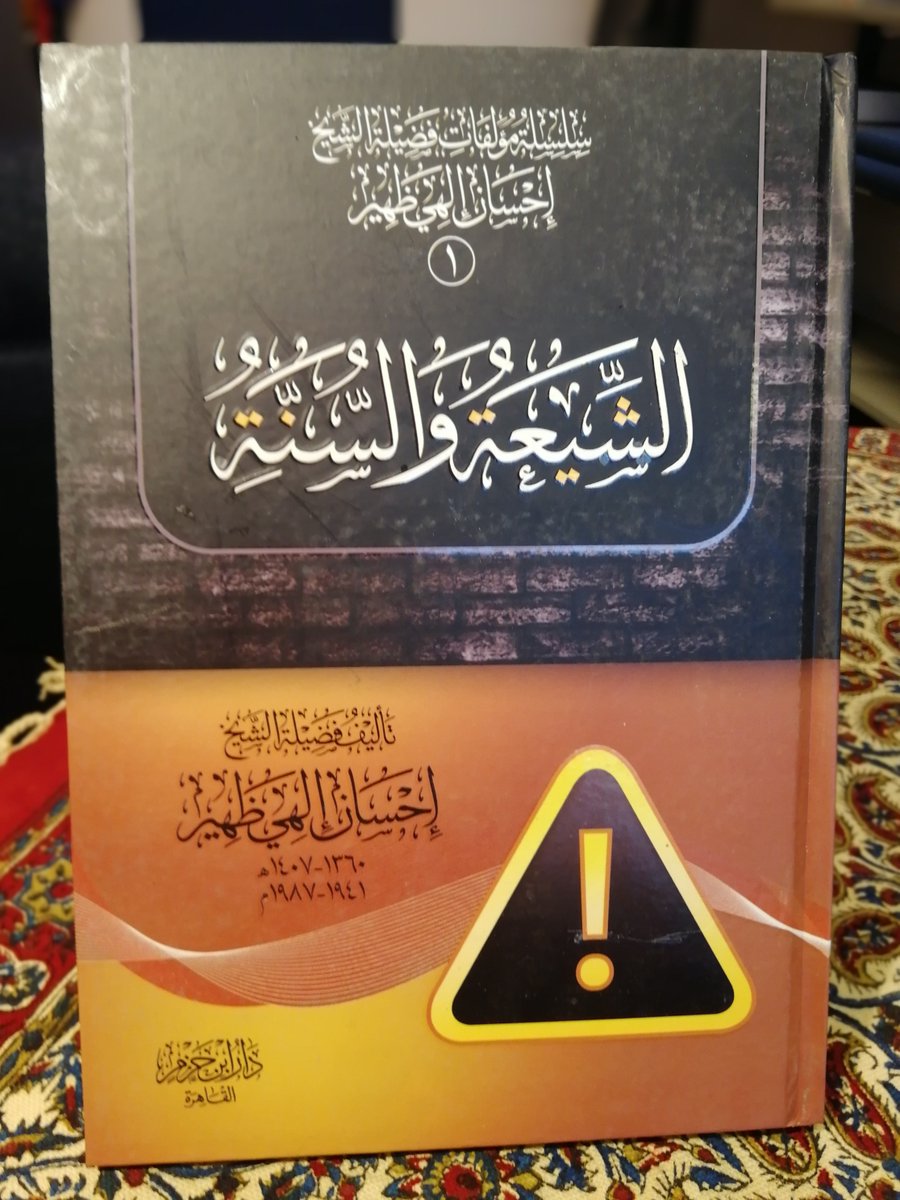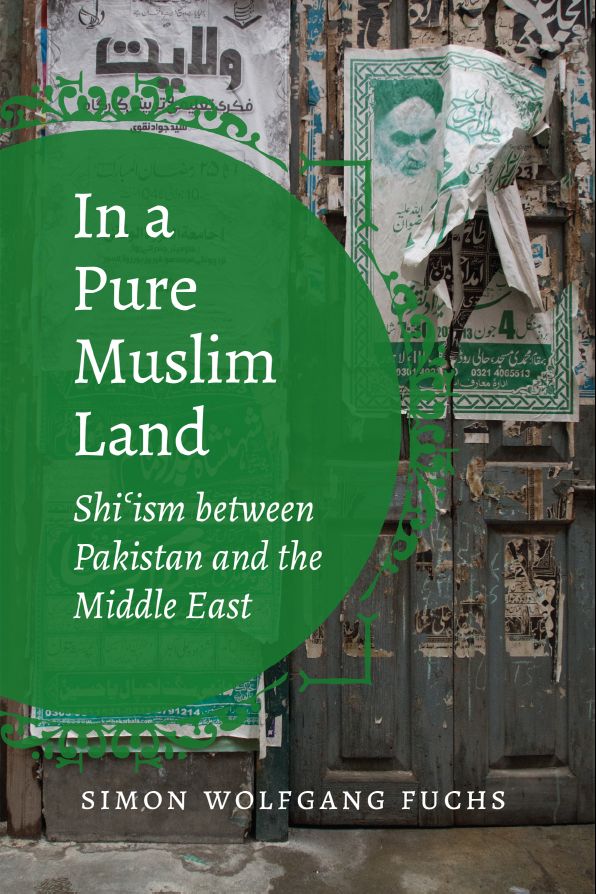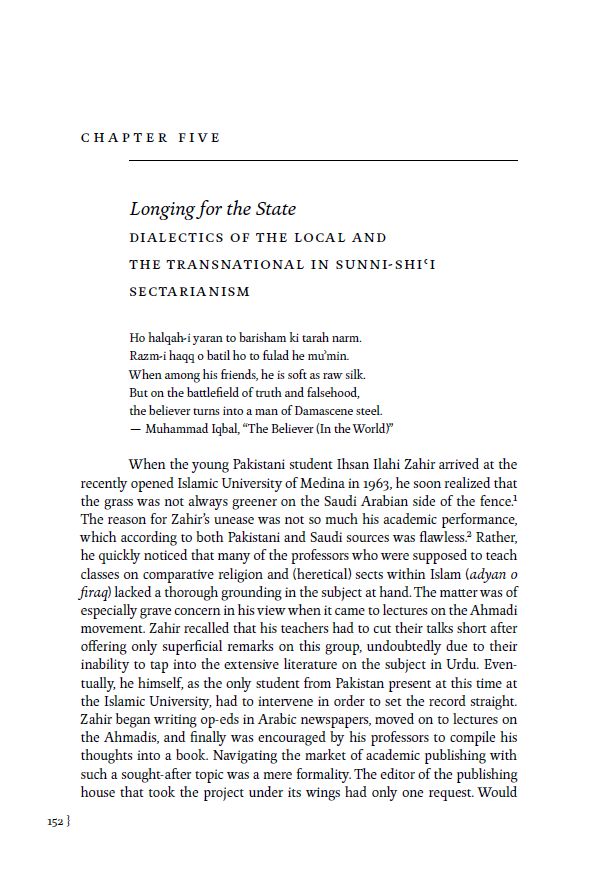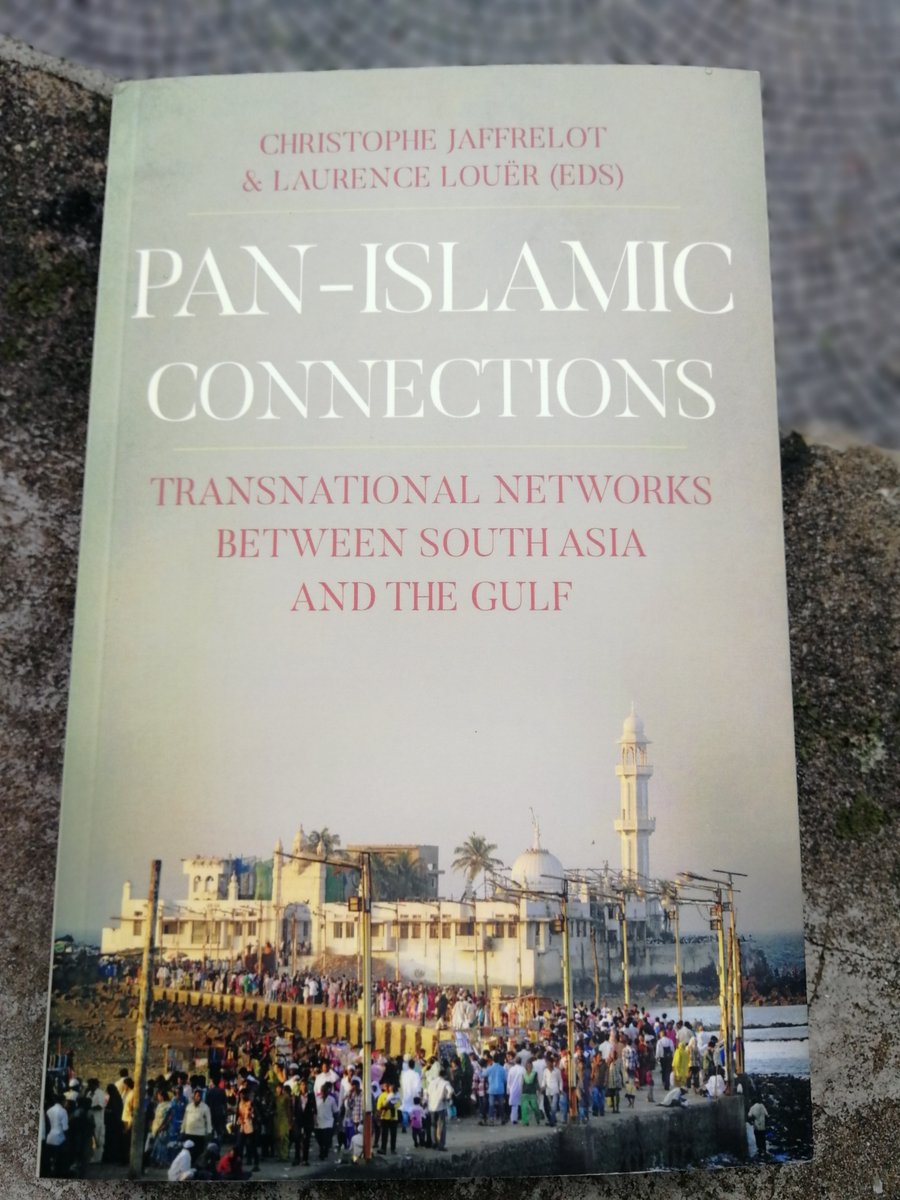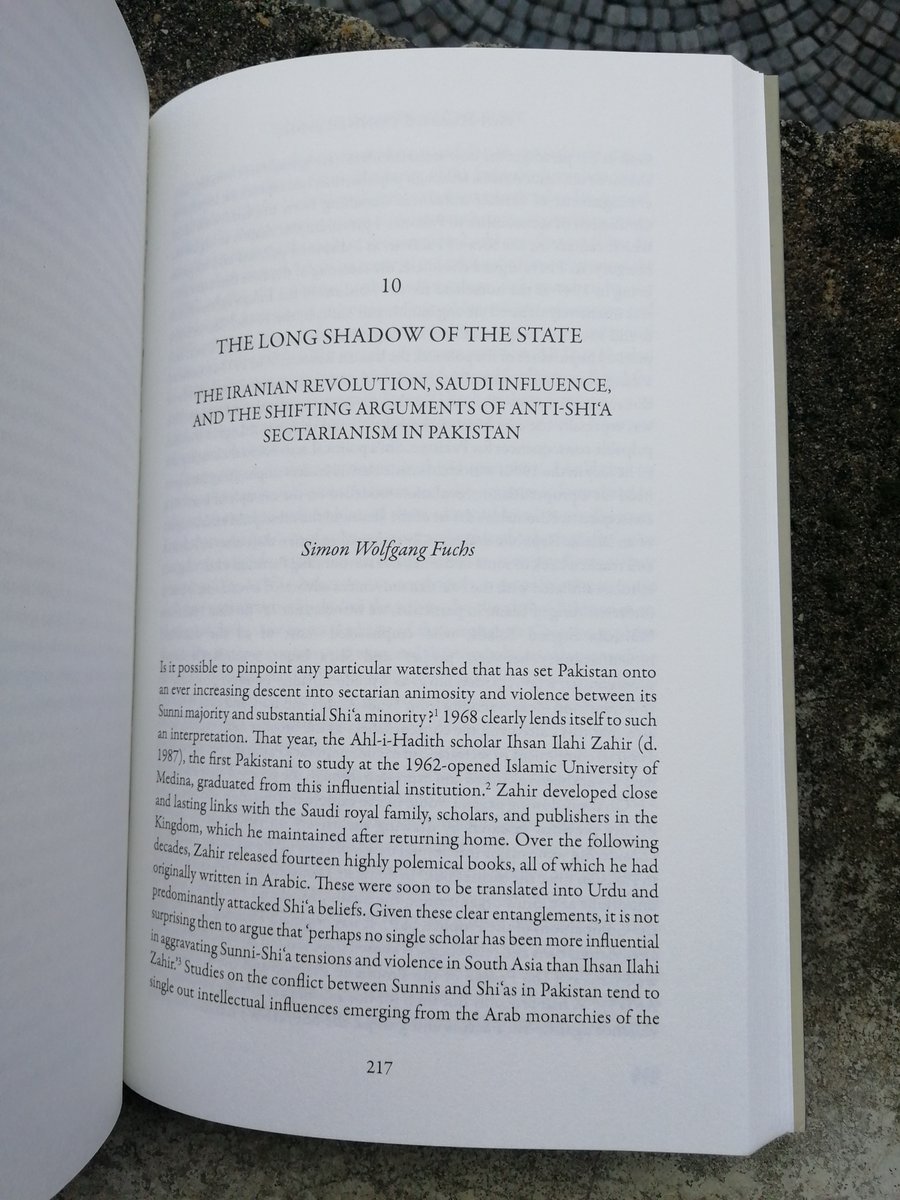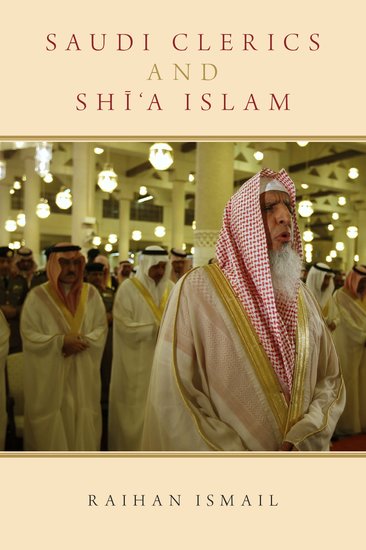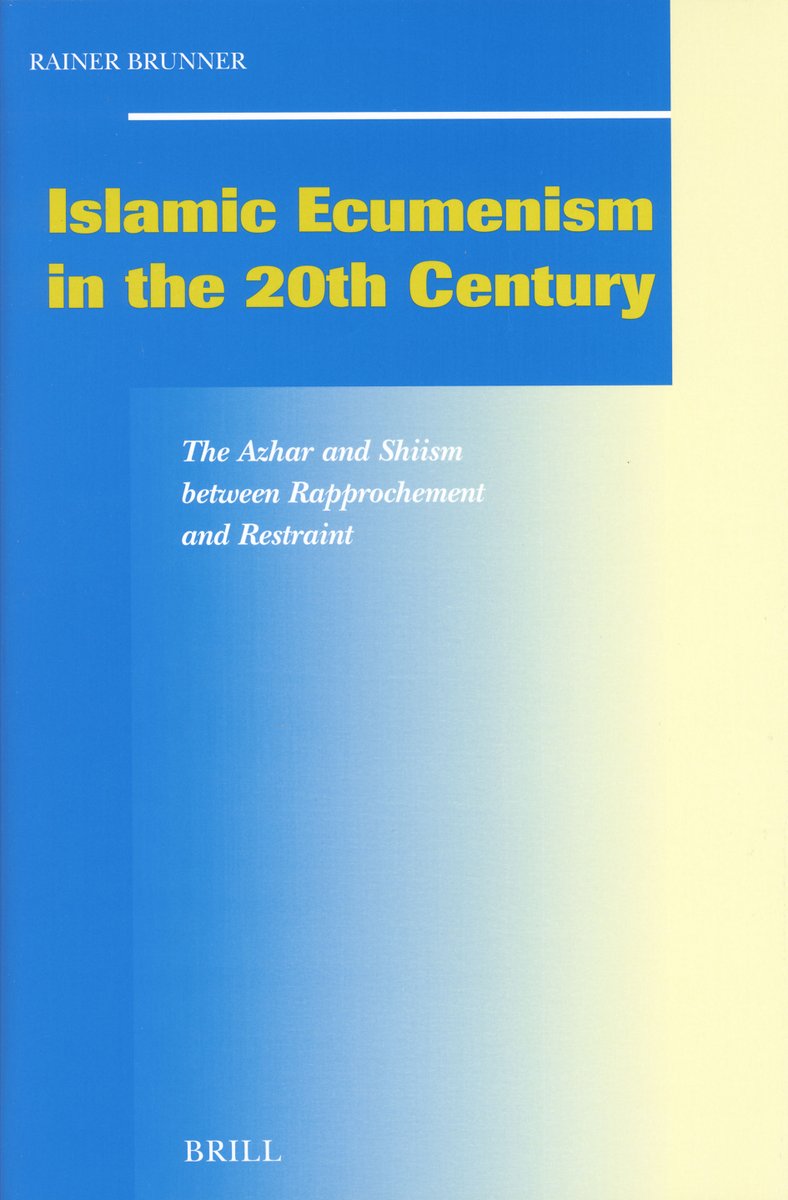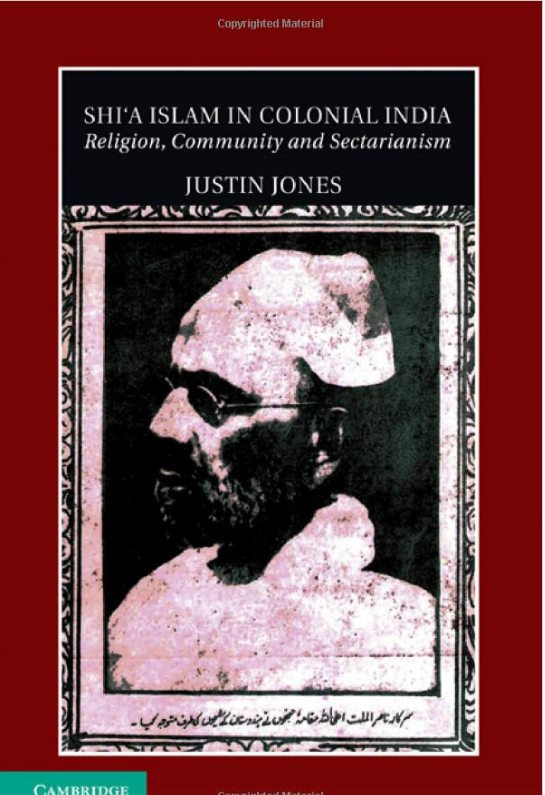1/9 Is Saudi Arabia alone responsible for popularizing anti-Shi’a #sectarianism on a global scale? Quite the opposite. For this mission, the Kingdom could heavily draw on South Asian expertise, experiences, and talent. A thread.
2/9 In 1961, Saudi Arabia established the Islamic University of Medina (IUM) to spread its version of Islam abroad. The institution brought together a motley crew of teachers: Muslim Brothers, Salafis, Wahhabis – and South Asian Ahl-i Hadith. All left an imprint on the Kingdom.
3/9 IUM’s first Pakistani student had an Ahl-i Hadith background: Ehsan Elahi Zaheer quickly distinguished himself as a gifted polemicist against the Ahmadiyya movement. He got the attention of Ibn Baz, then the University’s vice-chancellor and later Saudi Arabia’s Grand Mufti.
4/9 Back in Pakistan after his graduation, Zaheer took aim at the Shi’is. “Al-Shi’a wa-l-Sunna” (Shi’is and Sunnis) was released in 1973 in Arabic and got reprinted 19 times by 1984. Urdu translations and several more anti-Shi’i works followed, all highly influential.
5/9His polemics focused on doctrinal issues: the Shi’is were unbelievers because they supposedly believed in the corruption of the Qur’anic text (tahrif). Zaheer stayed clear of political attacks, even after the Iranian Revolution. One exception from 1983: https://www.youtube.com/watch?v=dva8Ema0-PU">https://www.youtube.com/watch...
6/9 Zaheer remained close with the Saudis. When he was wounded in a bomb attack in #Lahore in the spring of 1987, Crown Prince Fahd dispatched his private plane. Zaheer was treated in the Military Hospital in Riyad, where he died. Ibn Baz led the funeral prayers in #Medina.
7/9 While doing research in #Cairo in the spring of 2016, I was struck by how prominently bookshops around Al-Azhar University displayed Ehsan Elahi Zaheer’s publications. Anti-Shi’i polemics, written by a Pakistani Ahl-i Hadith scholar, are bestsellers in the Arab world.
8/9 If you’d like to know more about Ehsan Elahi Zaheer and how his legacy has been taken up and reworked by certain Deobandi groups in #Pakistan, notably the Sipah-i Sahaba (Army of the Companions of the Prophet), you can check out some of my writings.
9/9 In case you’re looking for some further, stimulating works on sectarianism in the 20th century in South Asia and beyond, here are some eclectic recommendations. ~swf If you enjoyed this thread, you can follow me @Simon_W_Fuchs #twittistorian #twitterstorians

 Read on Twitter
Read on Twitter